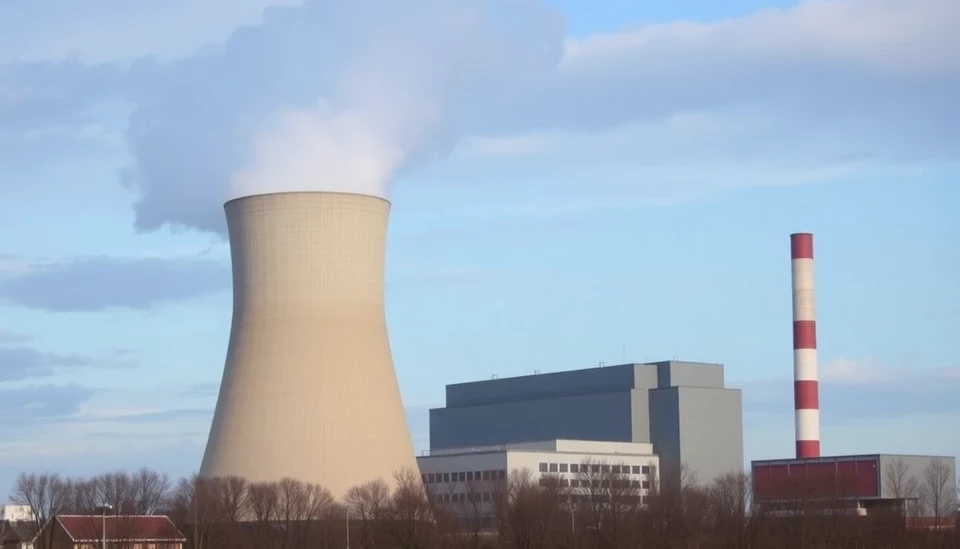
In a significant move within the energy sector, a prominent German coal operator has initiated legal action against the country’s regulatory authority regarding the status of its power plants. This suit comes as Germany faces mounting pressure to transition to sustainable energy sources and reduce its reliance on coal-fired power generation.
The operator, a leading player in the coal industry, argues that the decision to place its power plants on standby constitutes an infringement of its rights and could jeopardize its operational future. This legal confrontation underscores the controversial balance that regulators must maintain between advancing environmental objectives and ensuring energy security in a nation still navigating the complexities of its energy transition.
Specifically, the company contends that the standby designation limits its capacity to generate revenue and maintain operational readiness, which is critical during peak energy demand periods. With Europe grappling with energy supply challenges exacerbated by geopolitical factors, the operator asserts that retaining its plants in a state of readiness is vital to ensure a stable energy grid.
The lawsuit has sparked dialogue among industry stakeholders, policymakers, and environmental advocates about the future of coal in Germany’s energy landscape. While regulators maintain that reducing coal dependency is essential for achieving climate goals laid out in European and national legislation, the operator argues that shutting down power generation capabilities could lead to energy shortages, particularly as the country moves away from nuclear power and seeks alternatives to natural gas, which has seen fluctuating supplies amid global tensions.
This legal challenge highlights the dichotomy facing the energy sector: the imperative to meet climate targets while maintaining a reliable energy supply. As the lawsuit unfolds, it may set a precedent for how energy regulations are implemented and enforced in the context of an evolving energy market.
As Germany continues its path toward renewable energy, the outcome of this case could have broader implications for coal operators and regulatory frameworks throughout Europe. Meanwhile, the coal operator remains steadfast in its pursuit of legal recourse, signaling a determined stance against what it perceives as a detrimental regulatory approach.
With this conflict between regulatory mandates and the operational needs of energy operators, the future of coal and energy stability in Germany stands at a crossroads.
#Germany #CoalOperator #EnergyTransition #LegalAction #RegulatoryIssues #SustainableEnergy #EnergySecurity
Author: Megan Clarke




